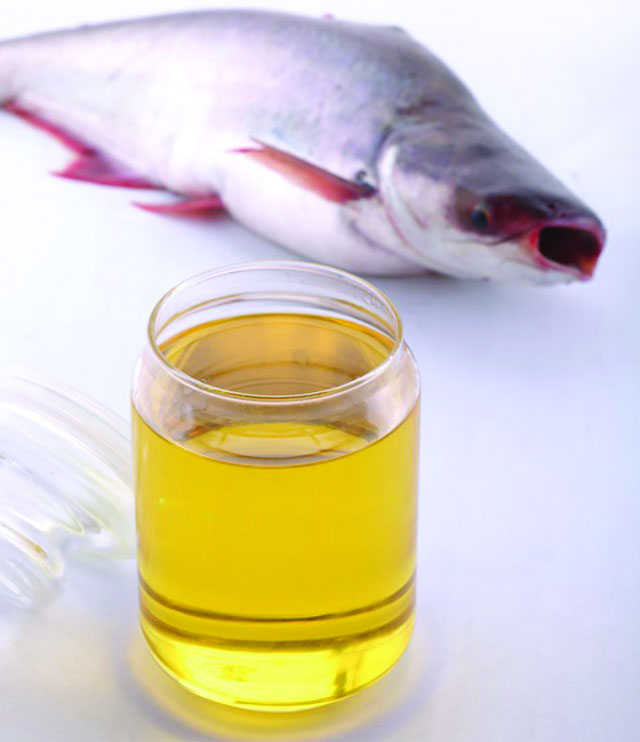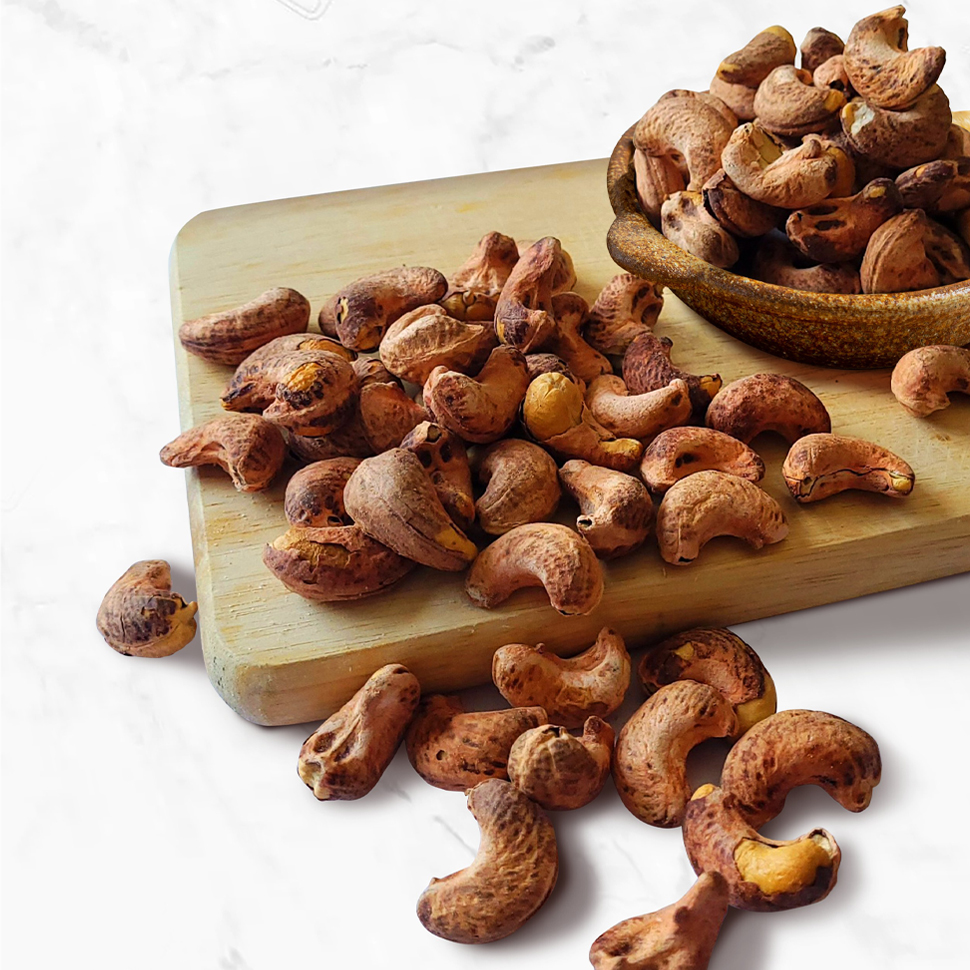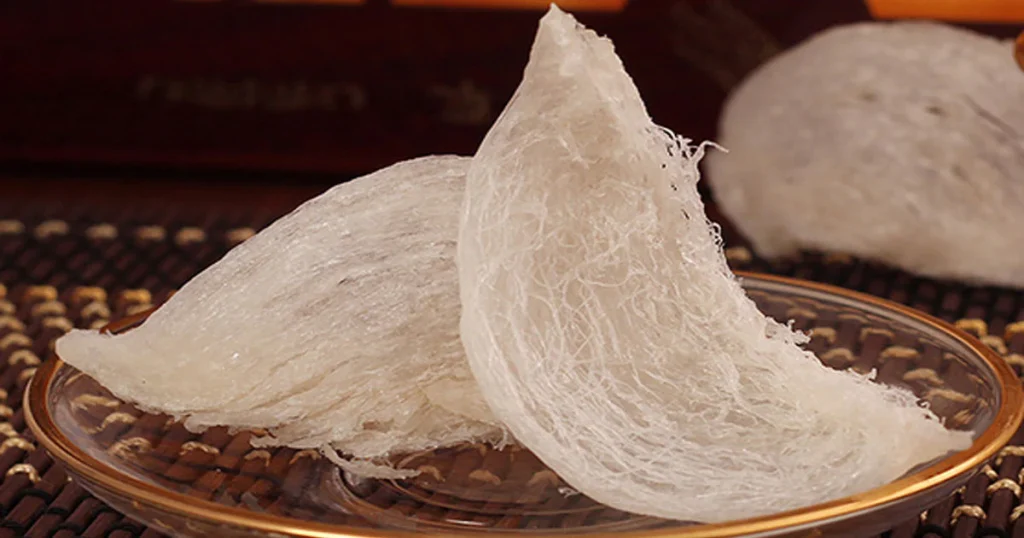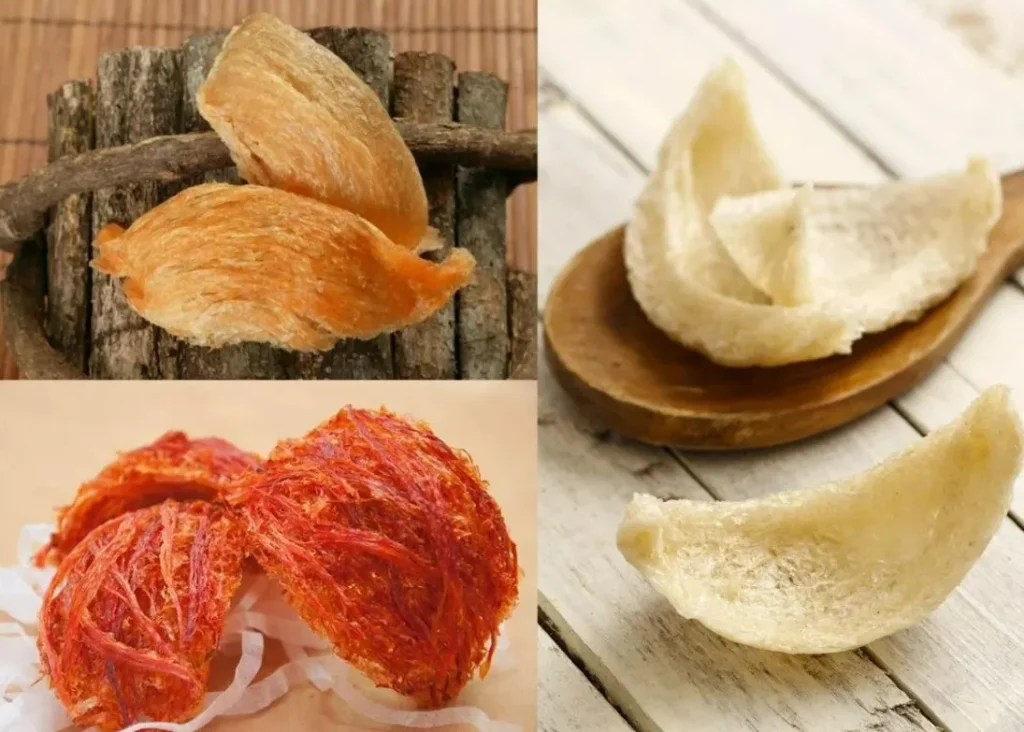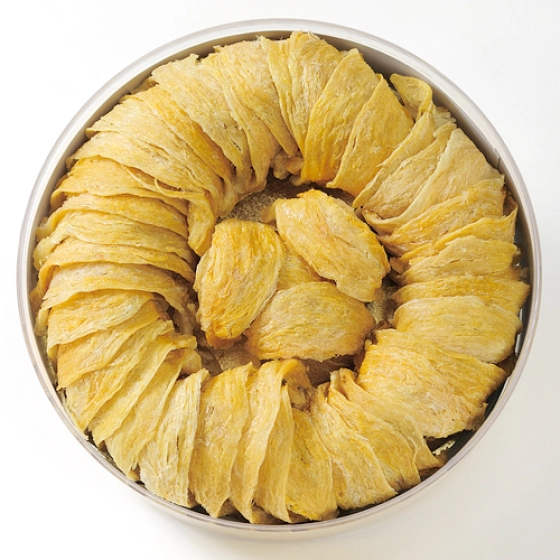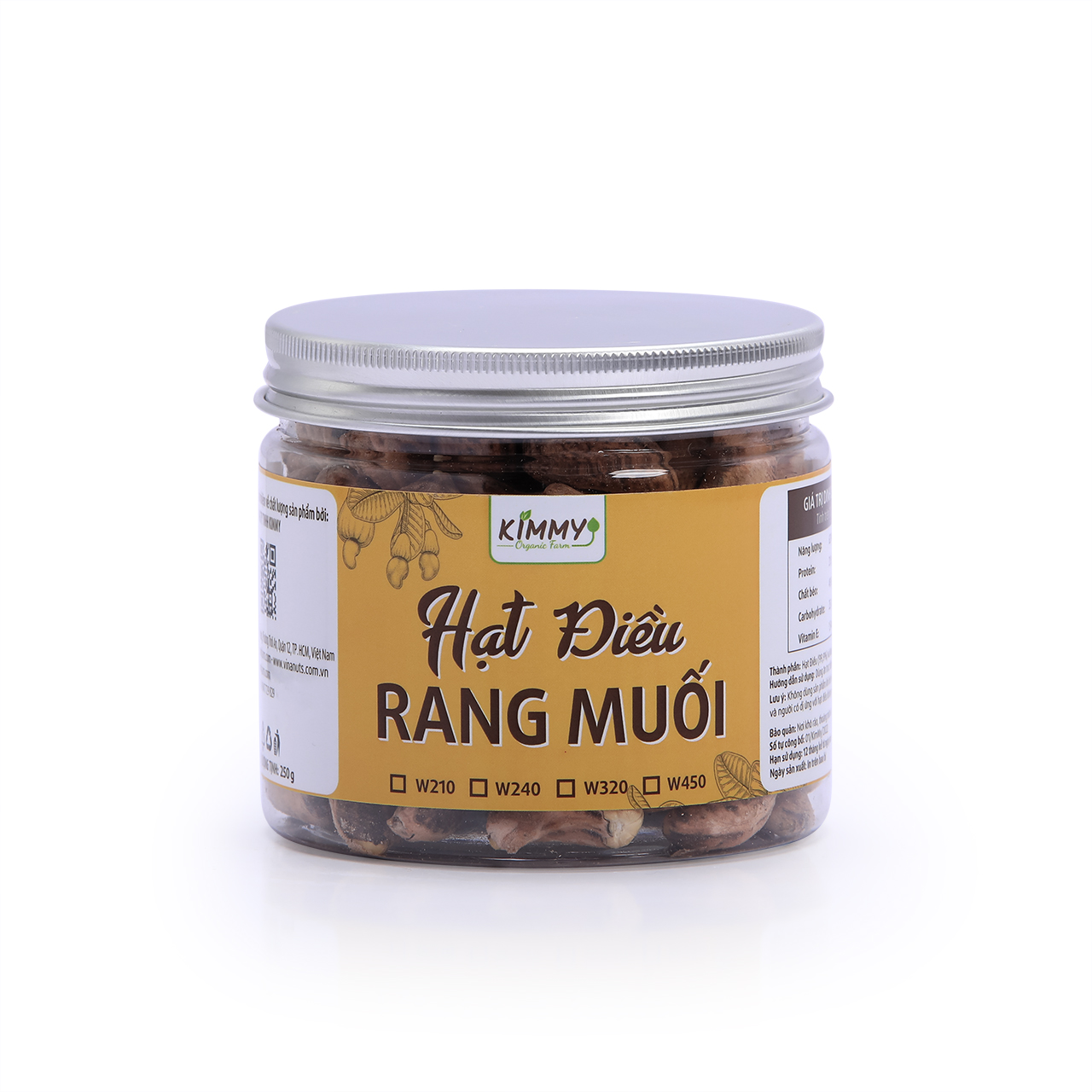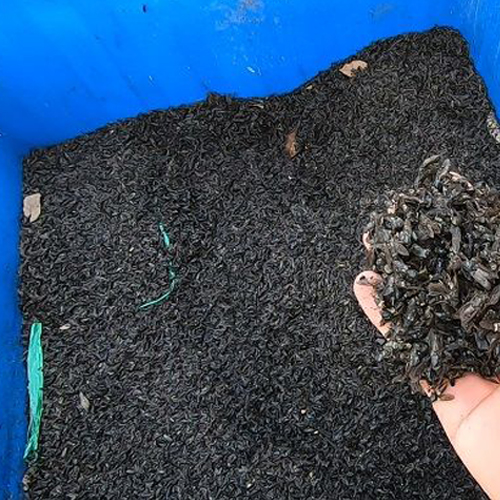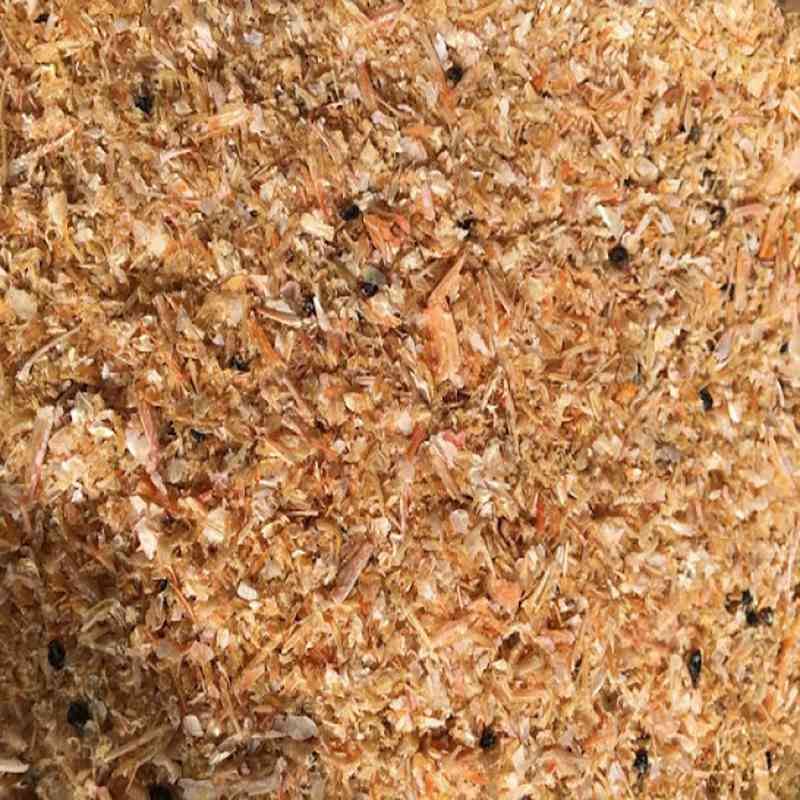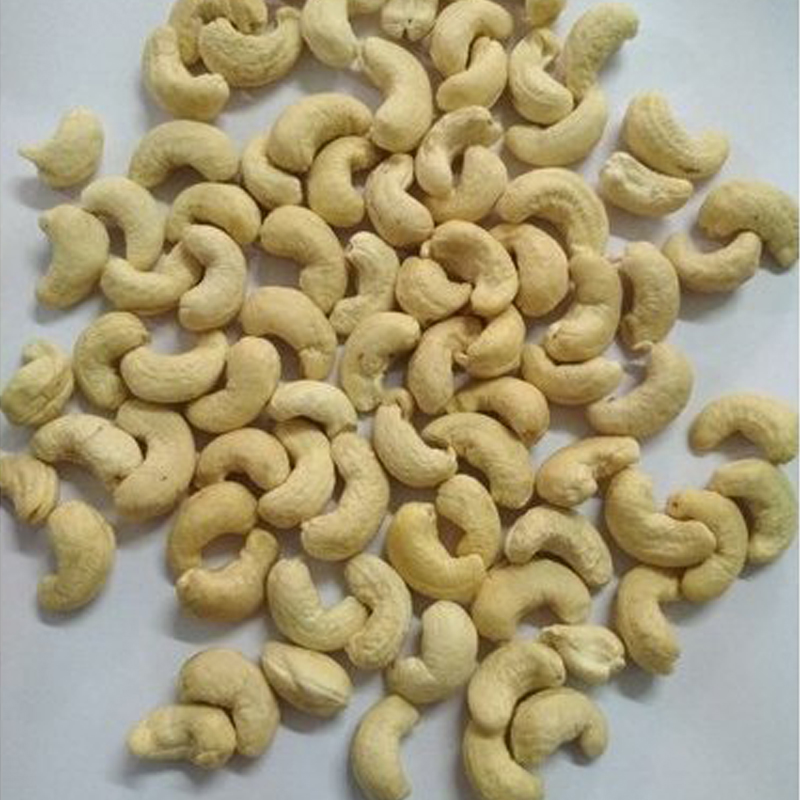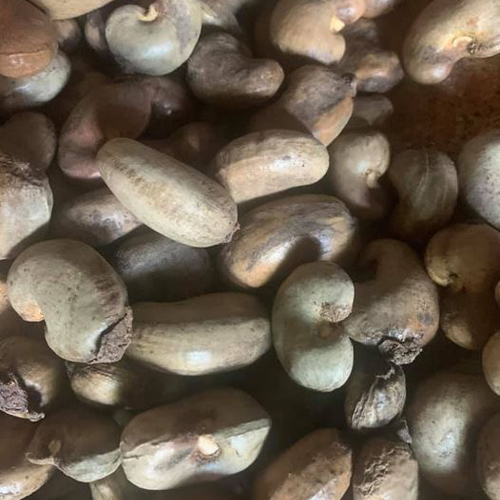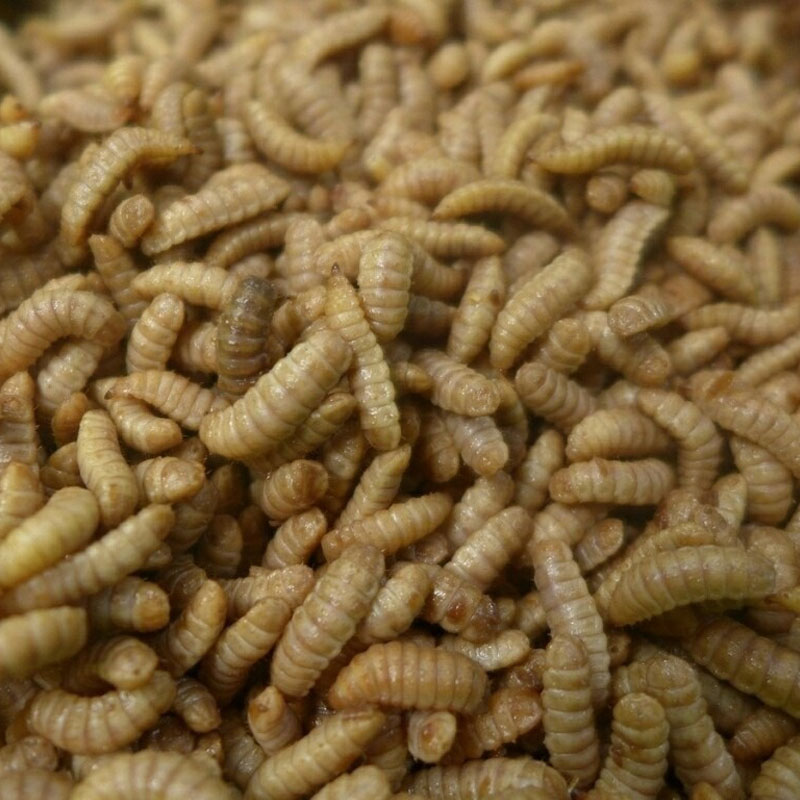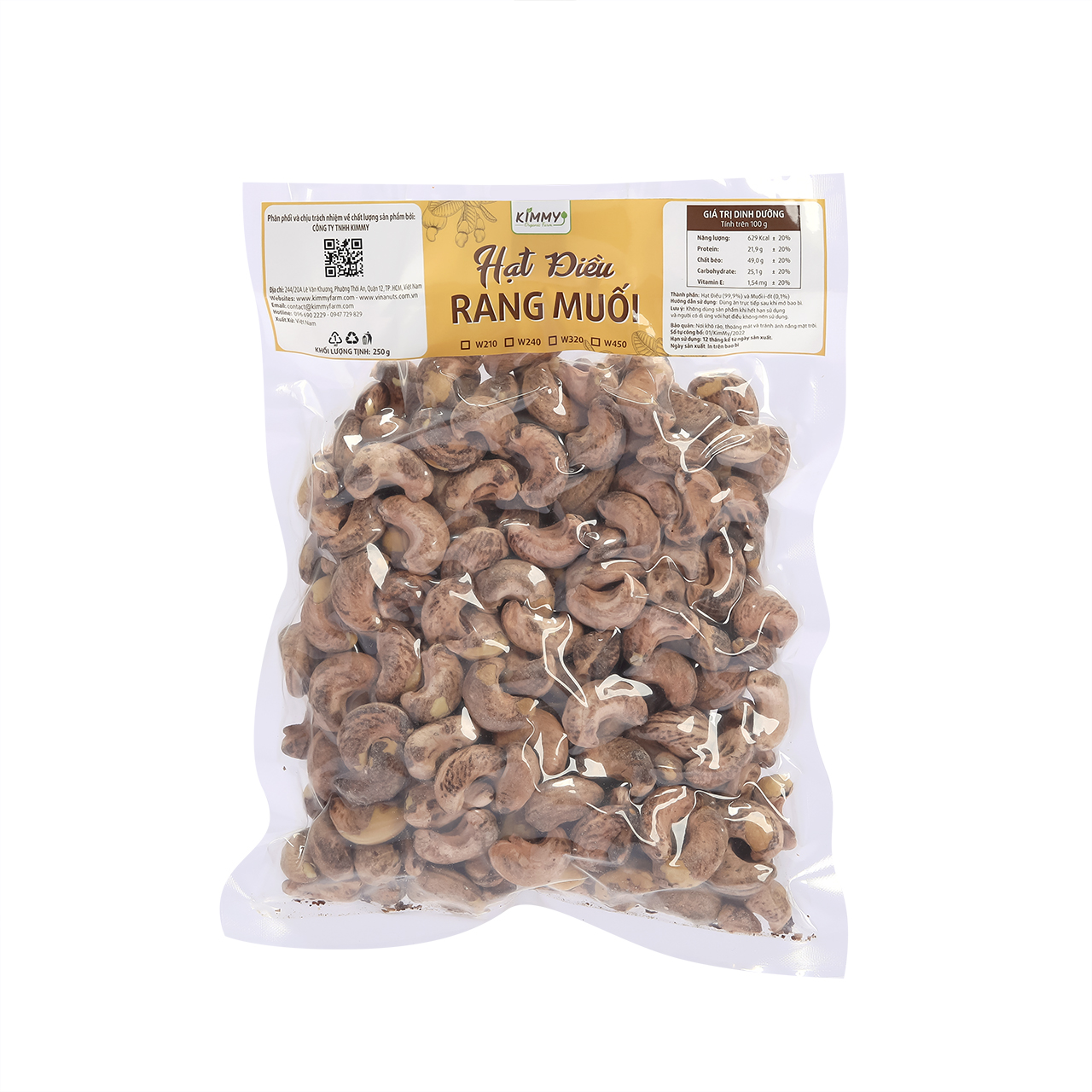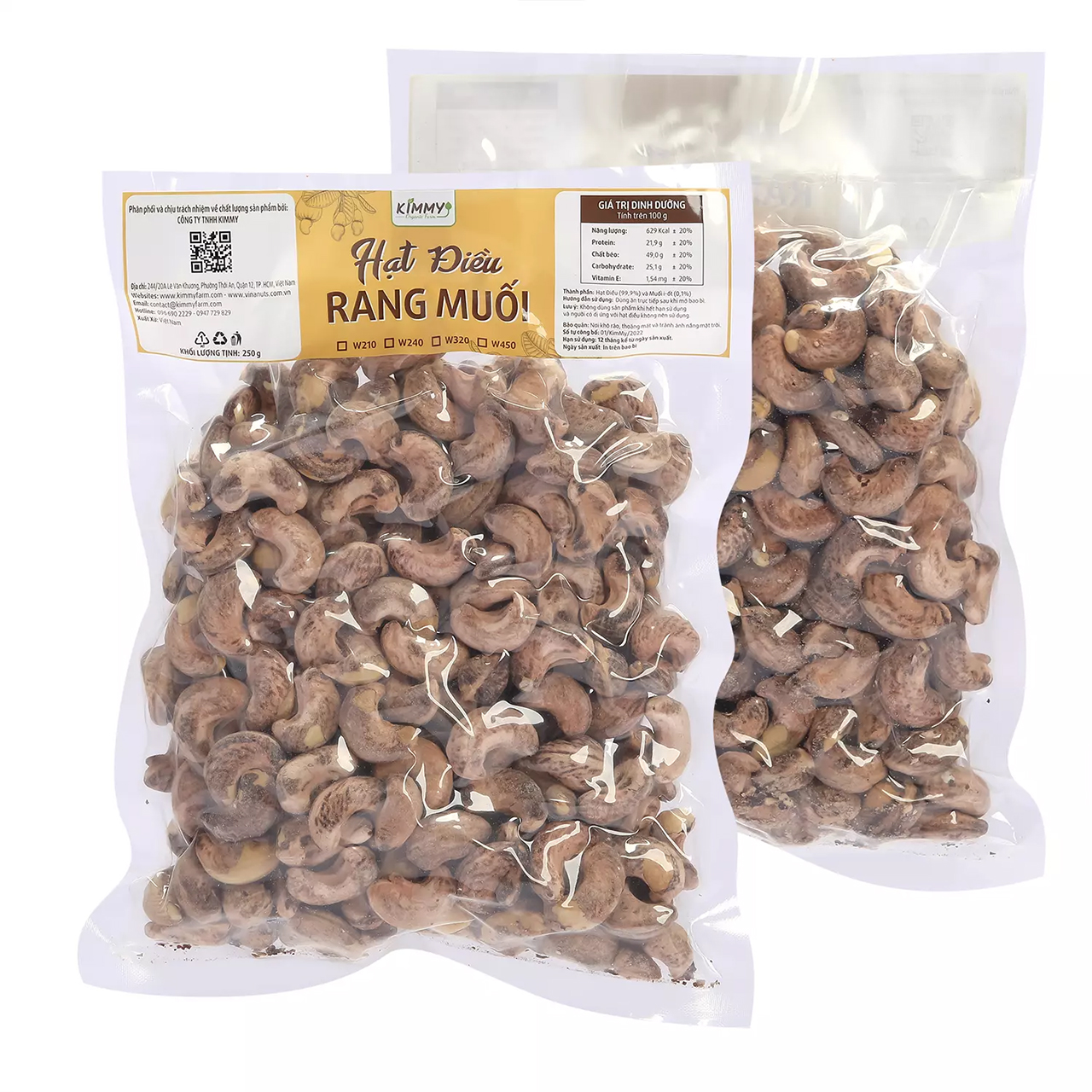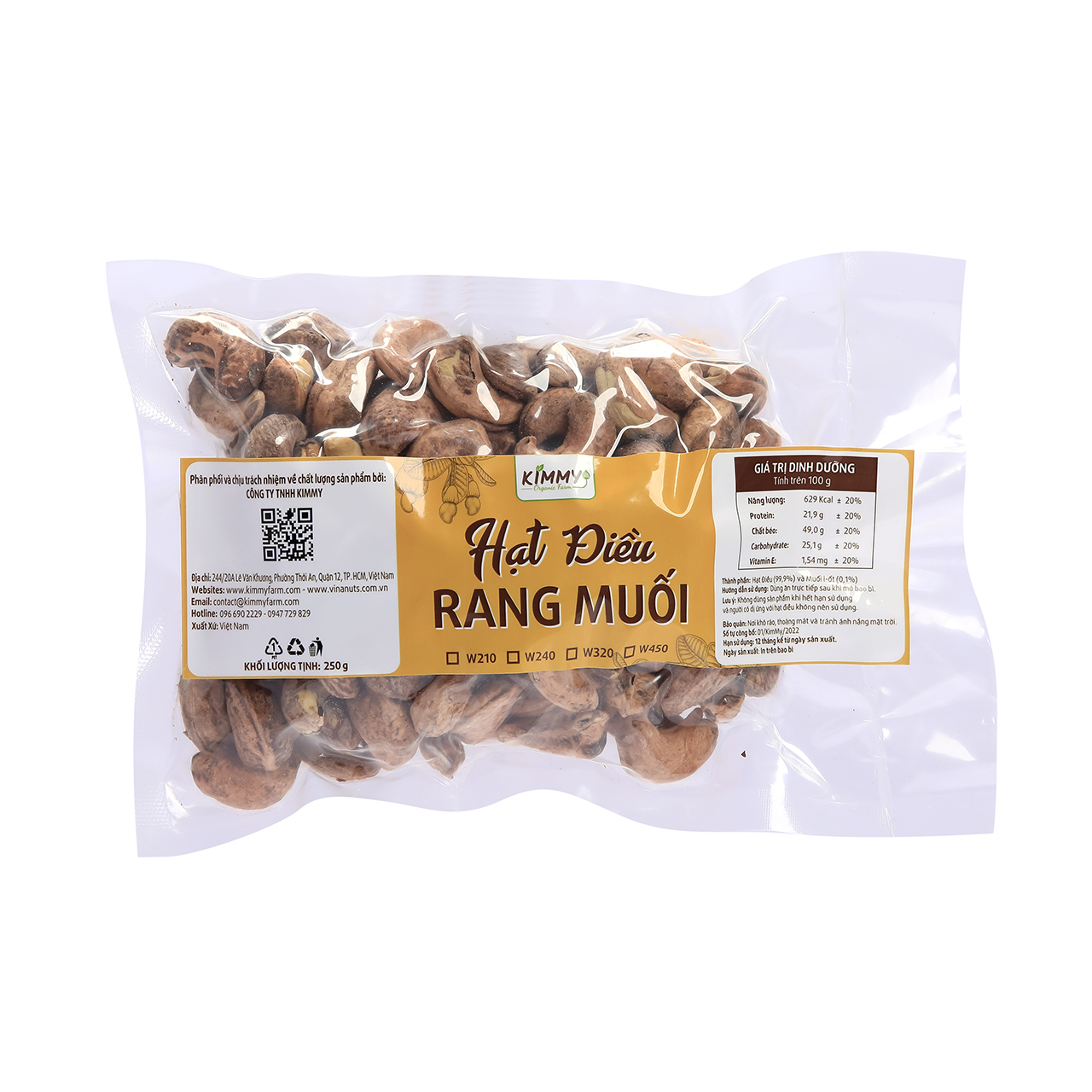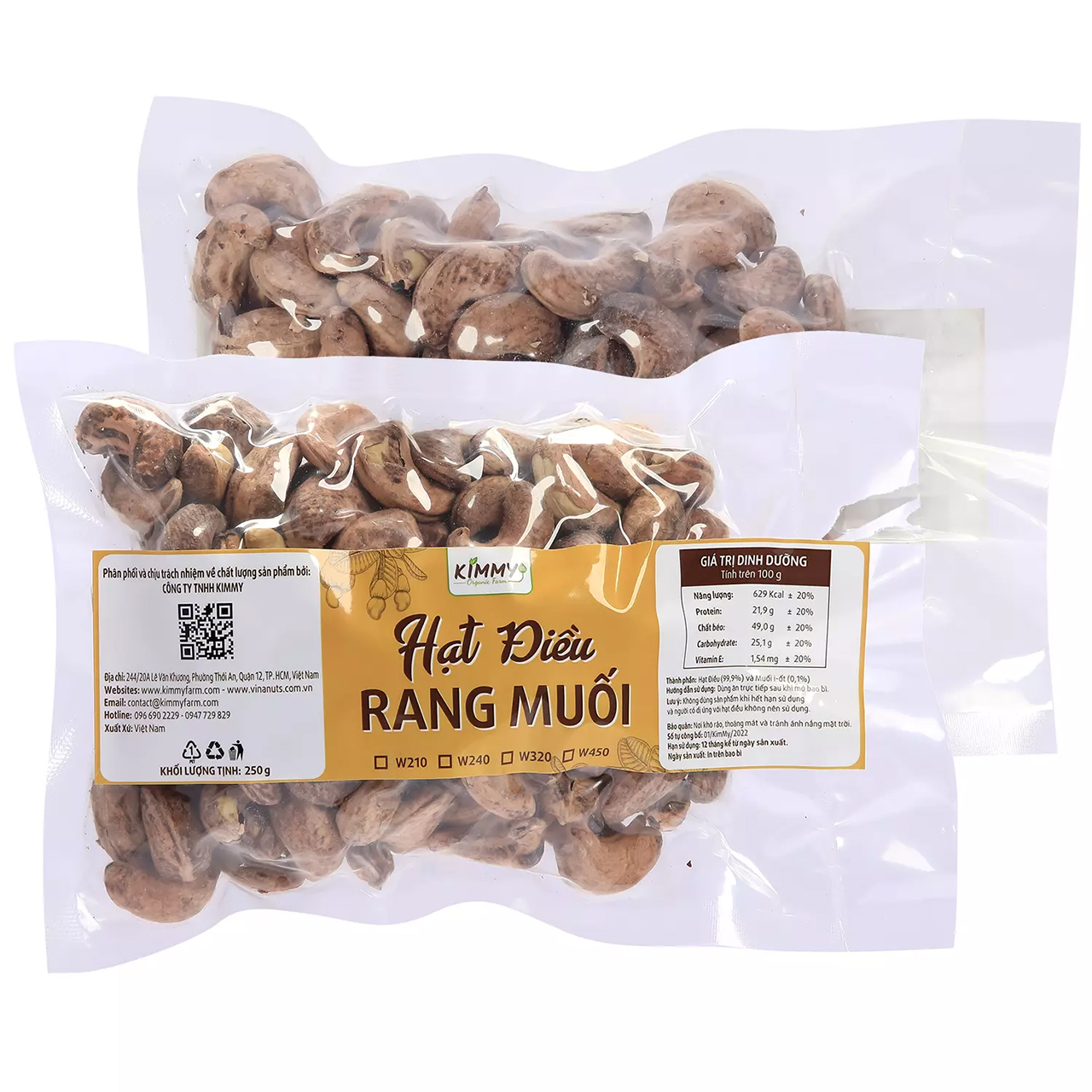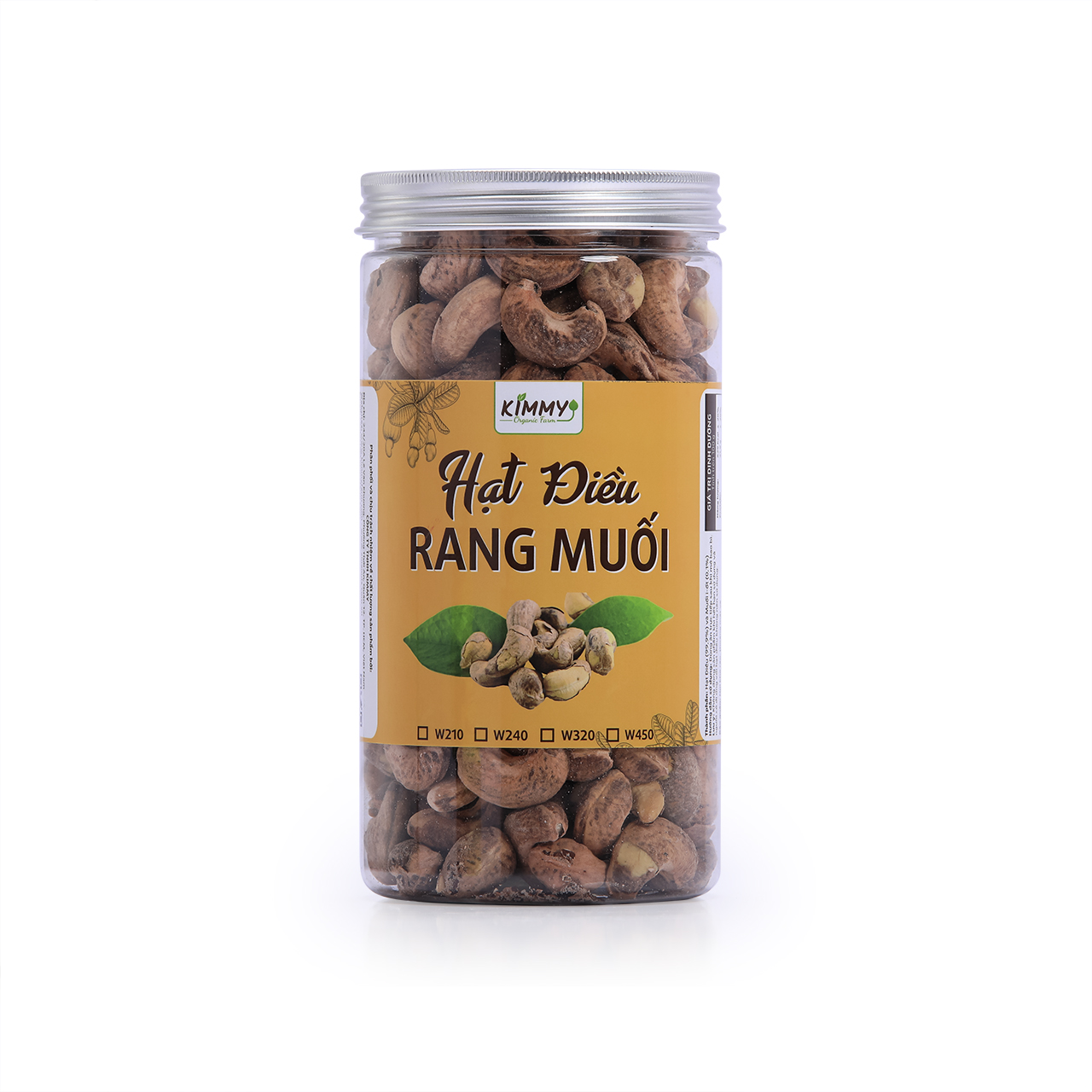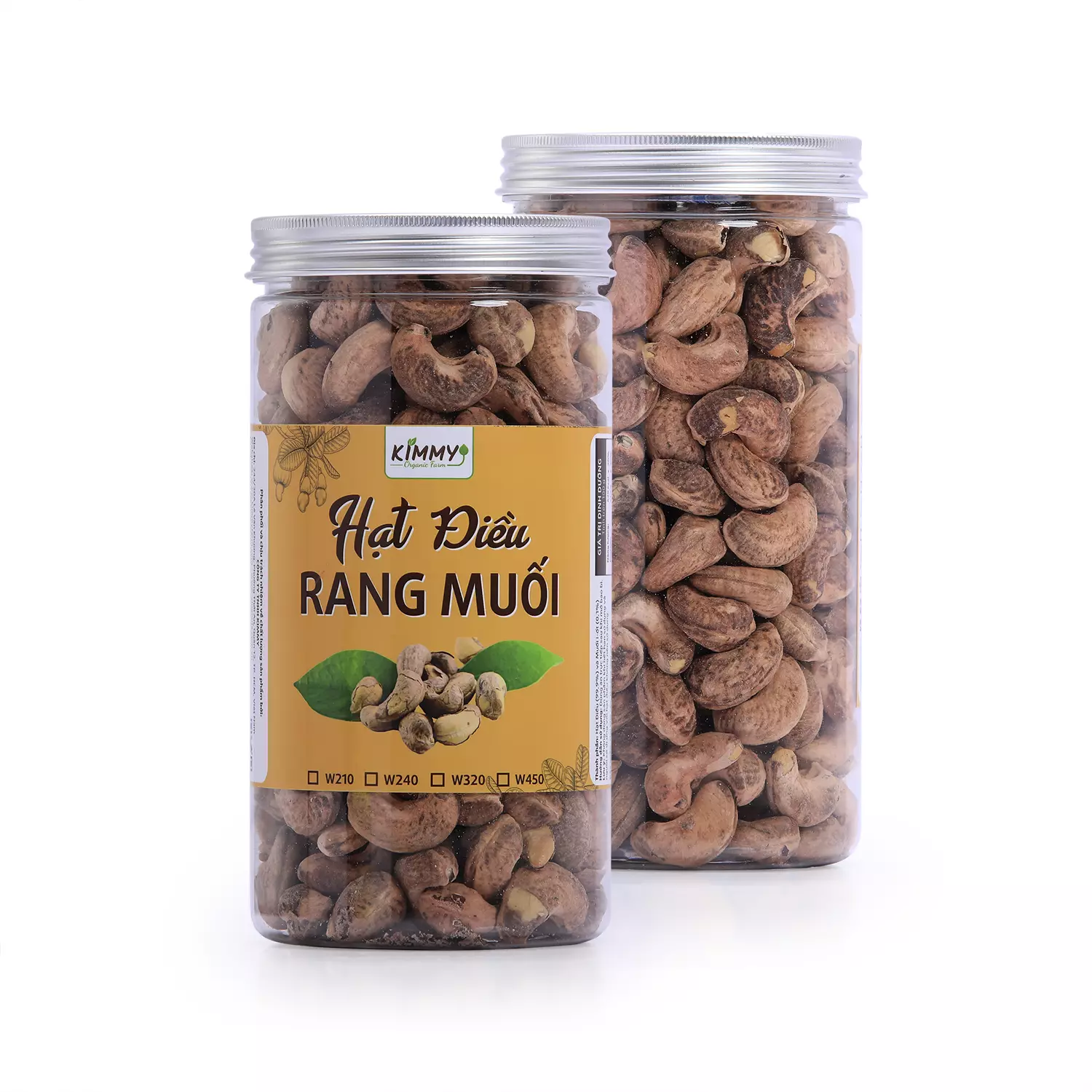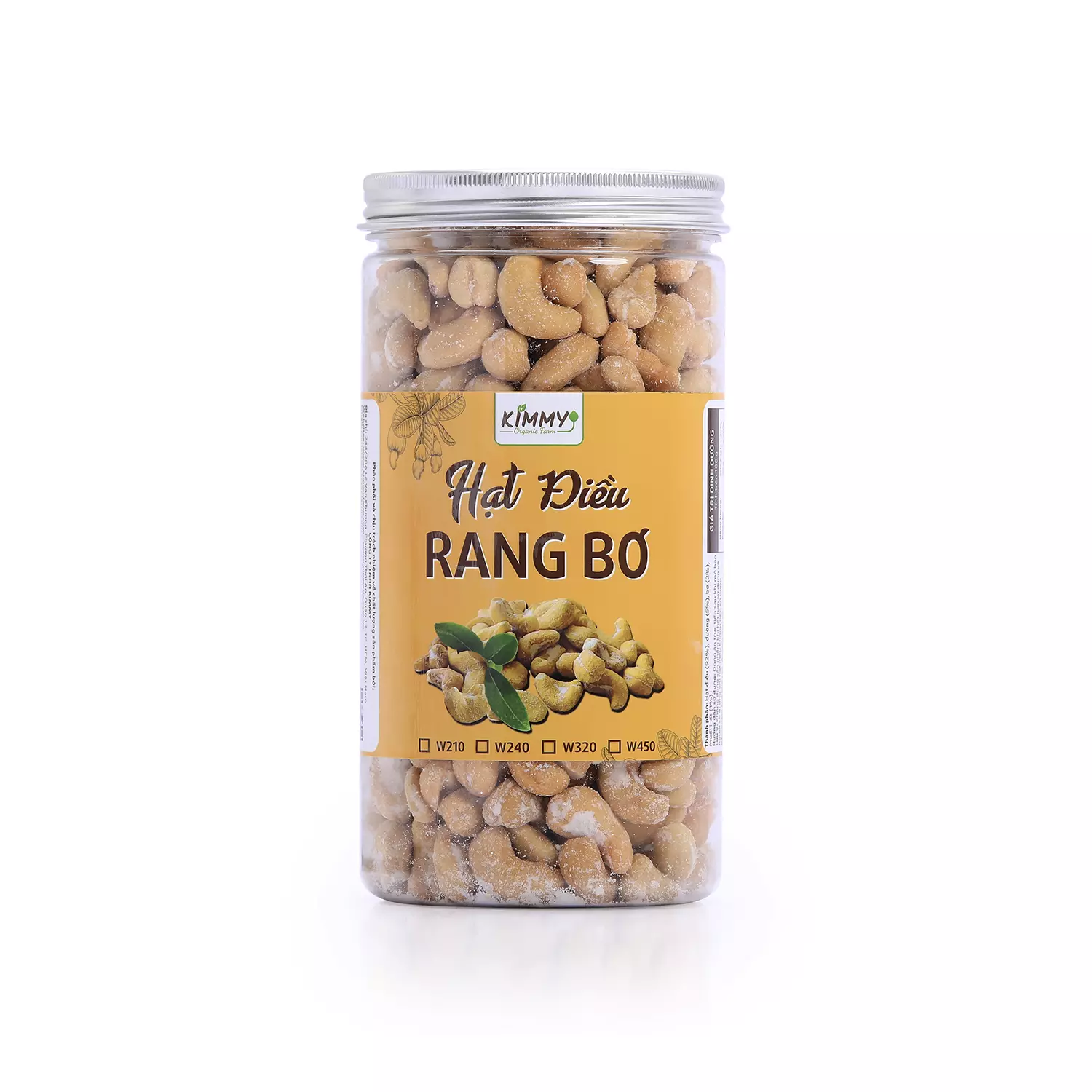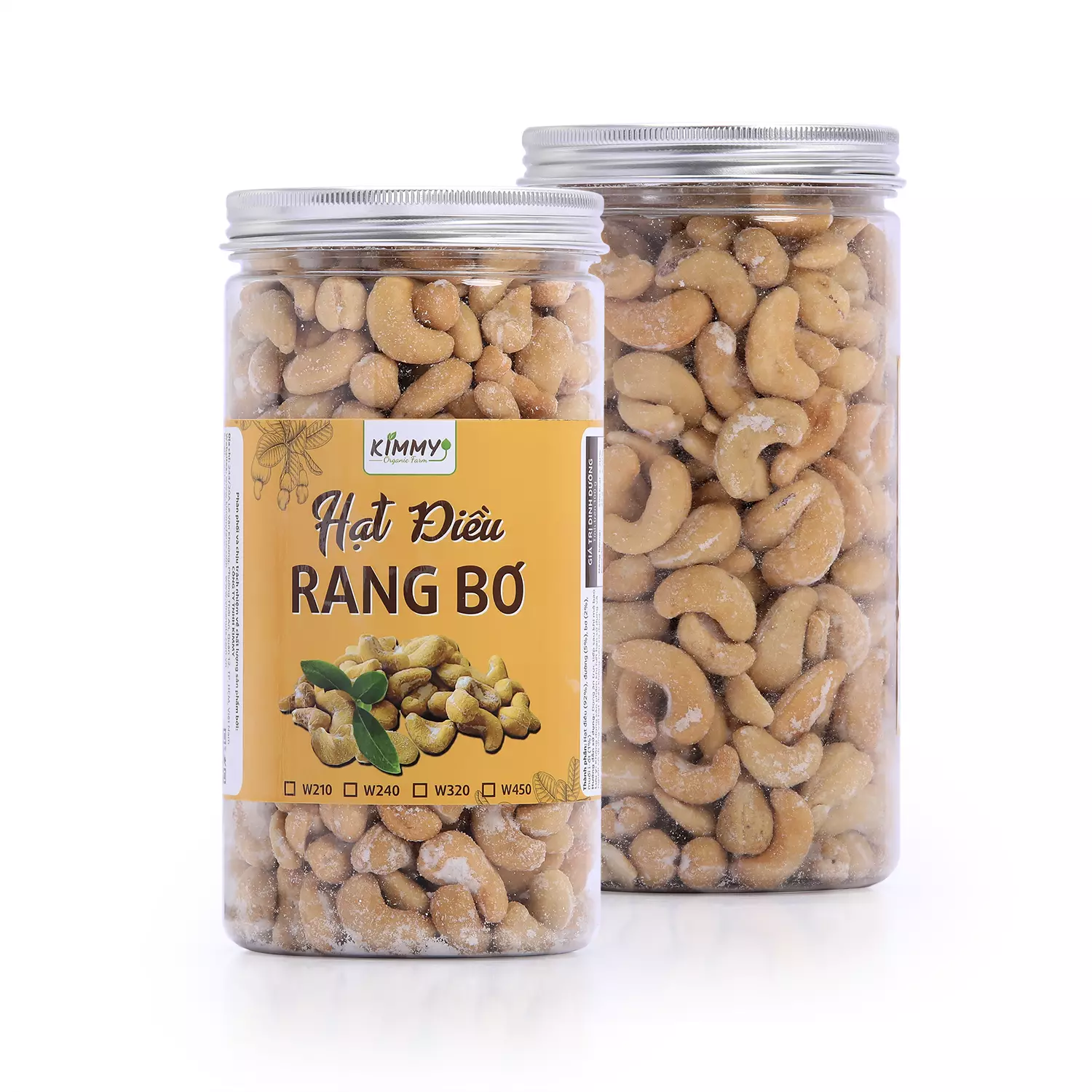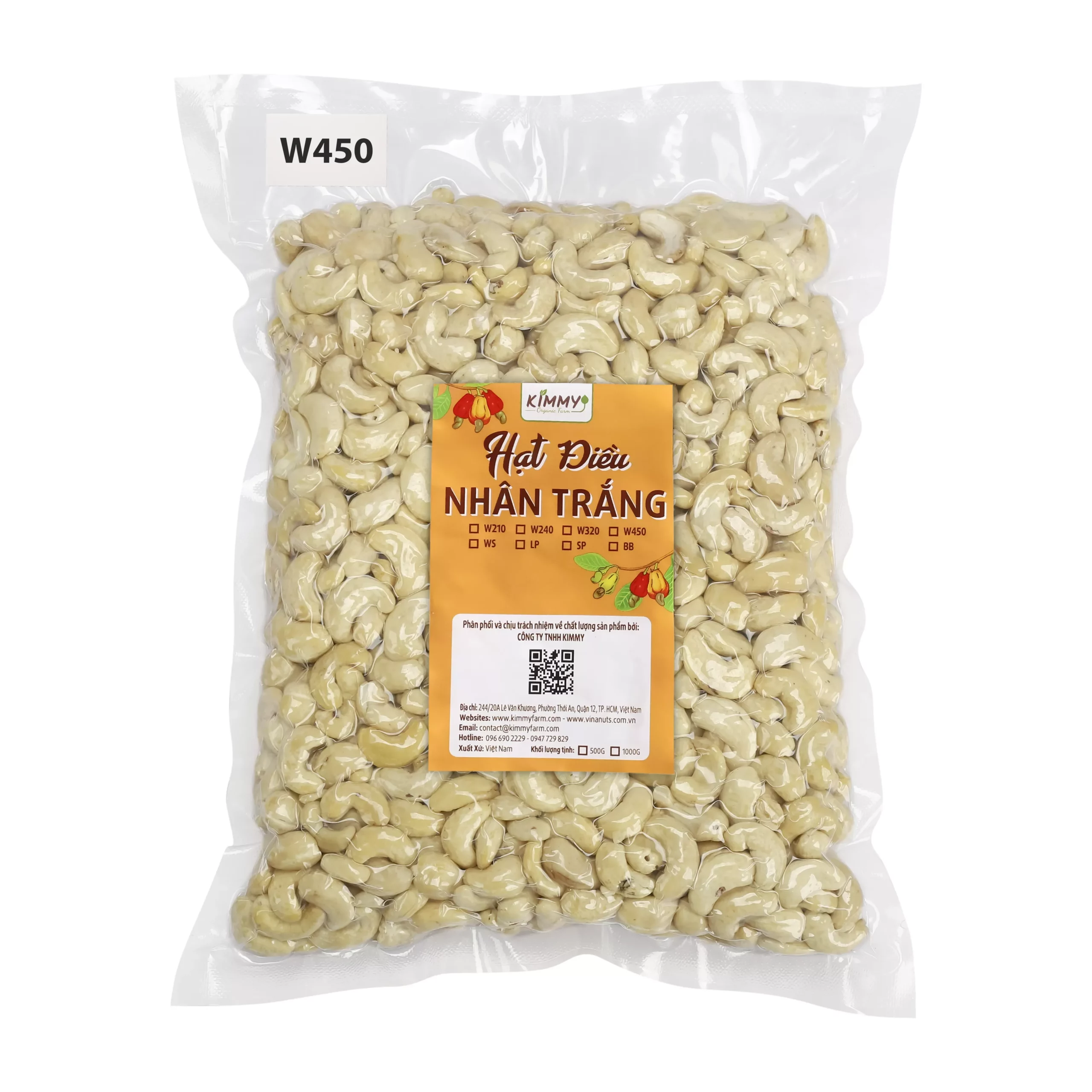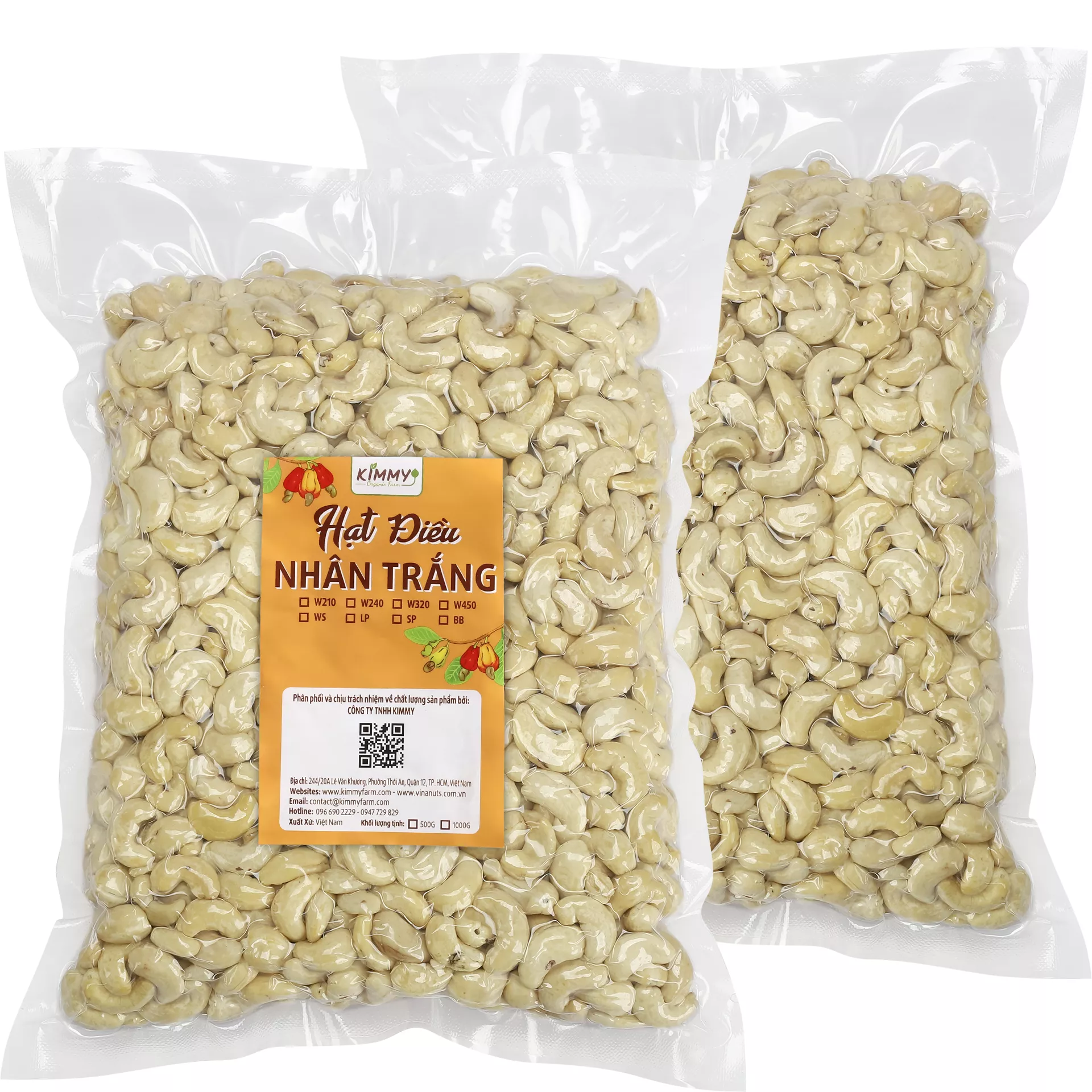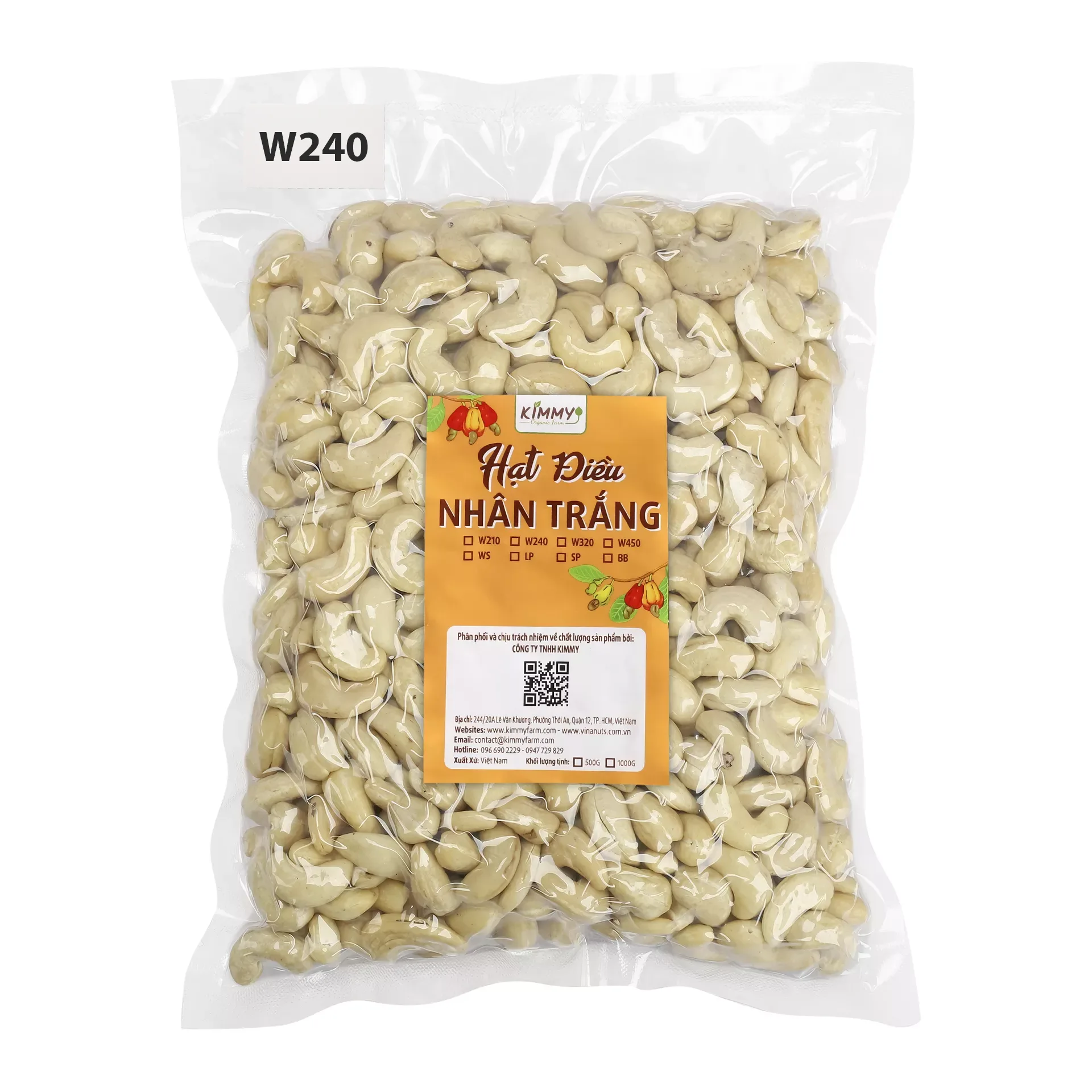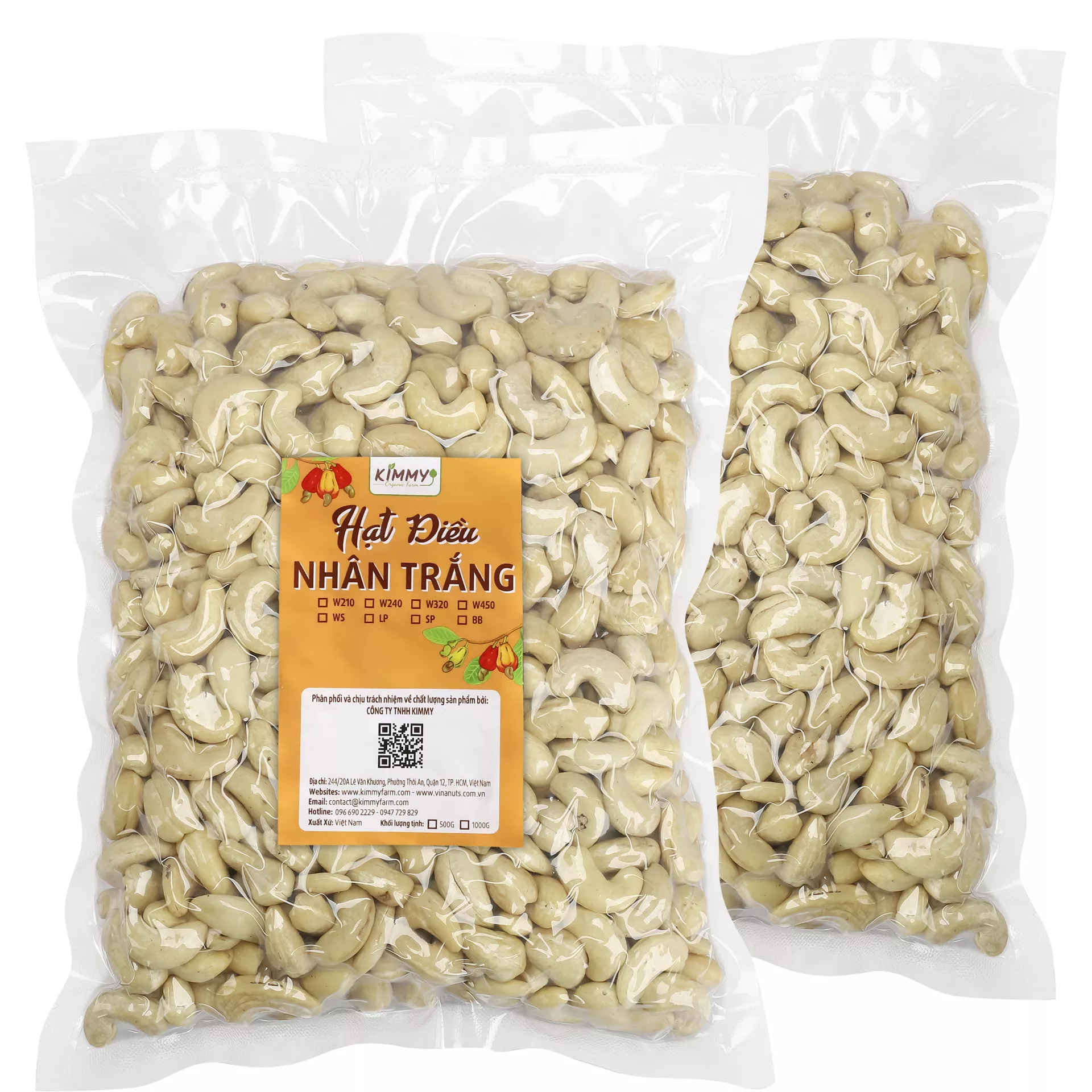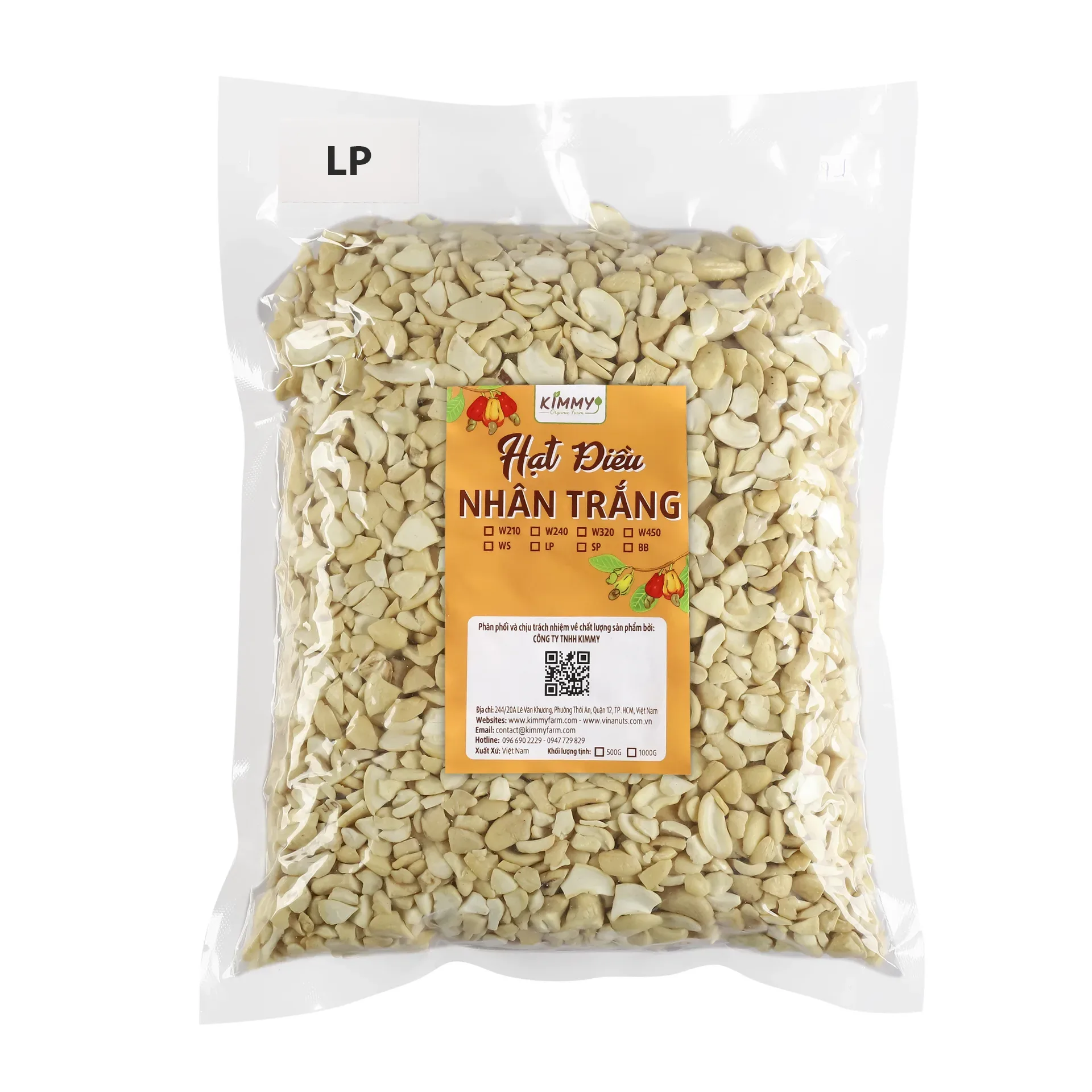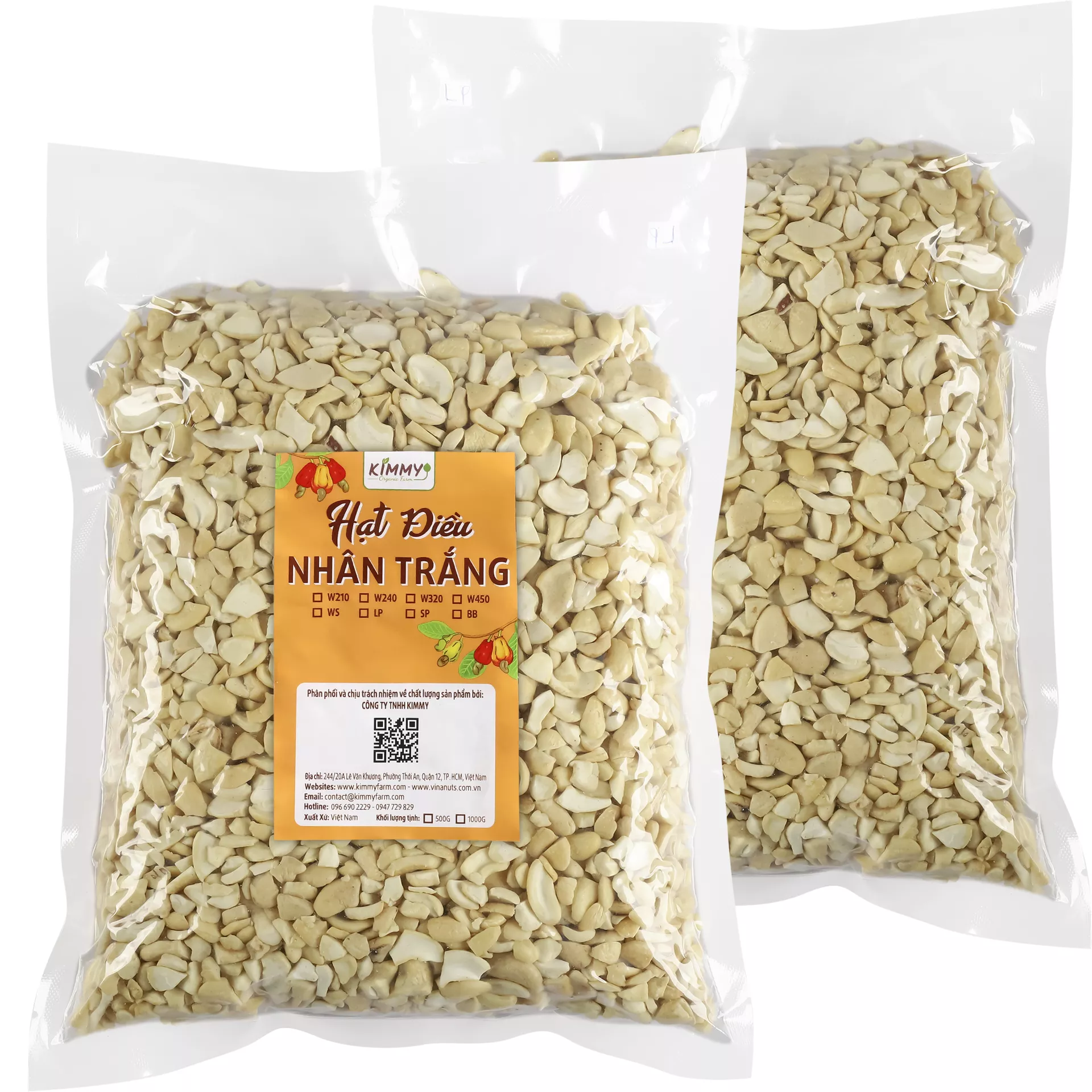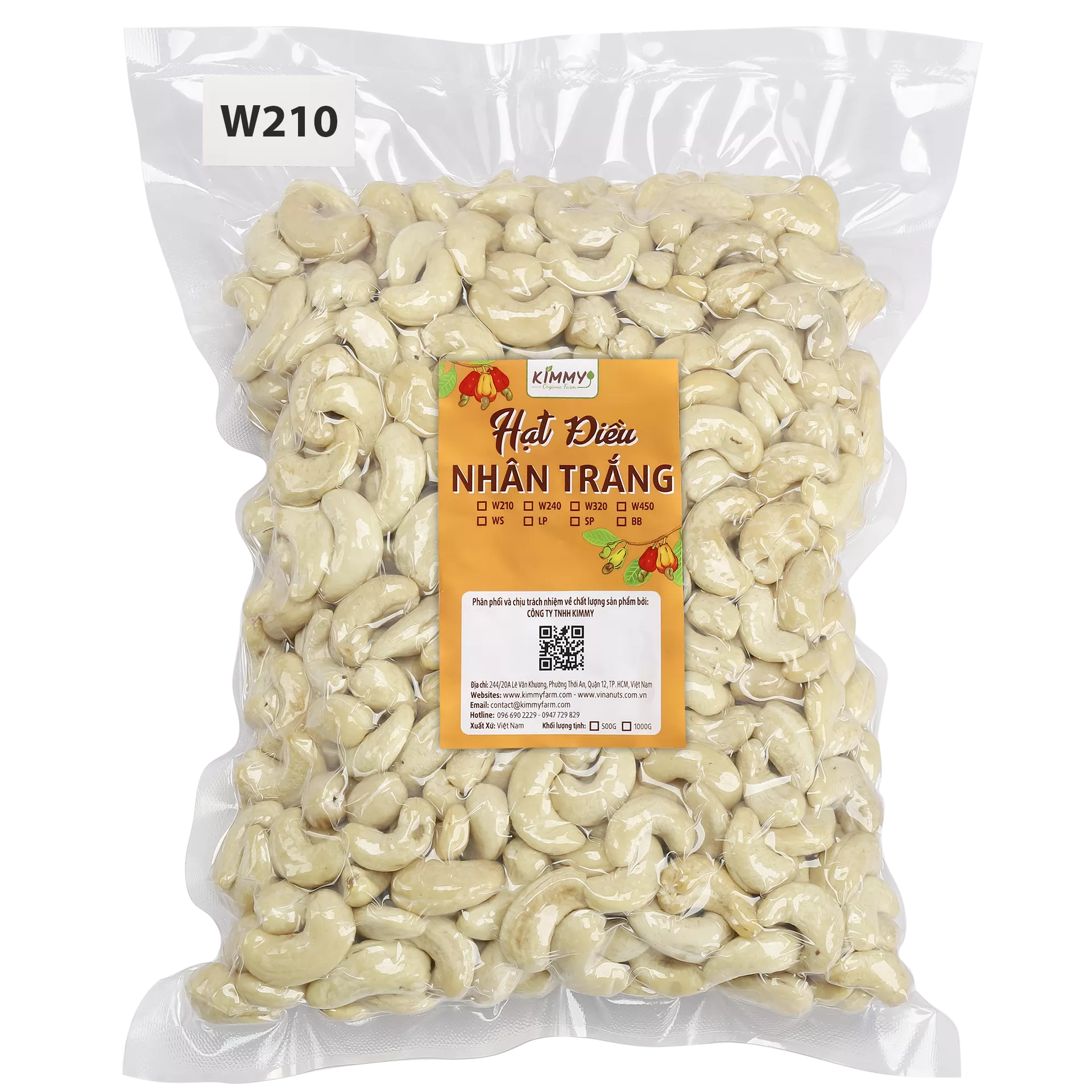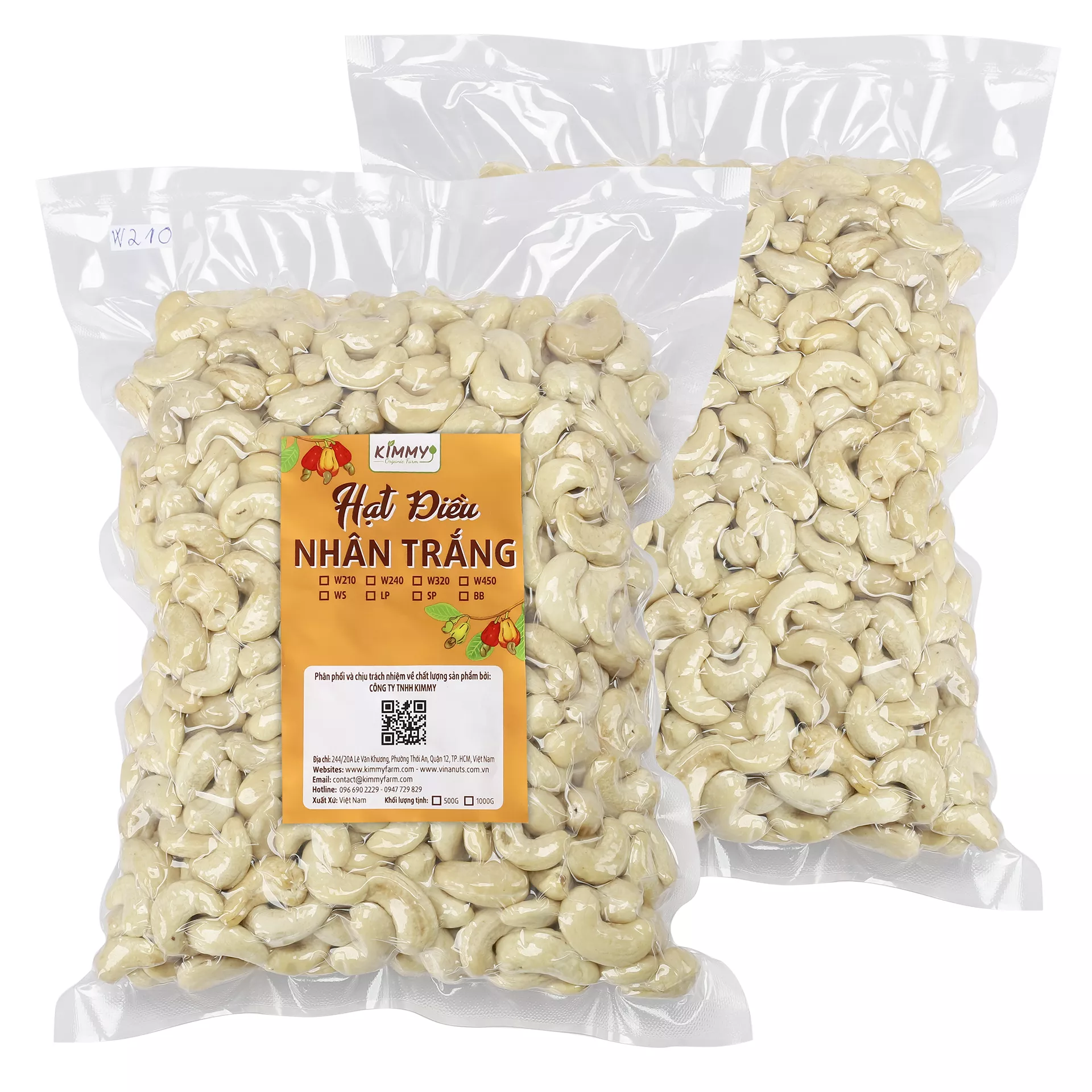Swiftlet Birds are remarkable and fascinating creatures, able to glide through the sky with a degree of freedom we humans can only fantasize about. In many cultures, including Asian traditions, birds are revered as symbols of prestige, owing to their association with the heavens. Perhaps this is why the nests of certain species have been prized as a culinary delicacy for hundreds of years. To this day, they’re still regarded as a high end nutritious food with therapeutic properties in many parts of Asia. This article reviews the culinary uses, nutrients, potential benefits, and downsides of edible Swiftlet bird’s nests.
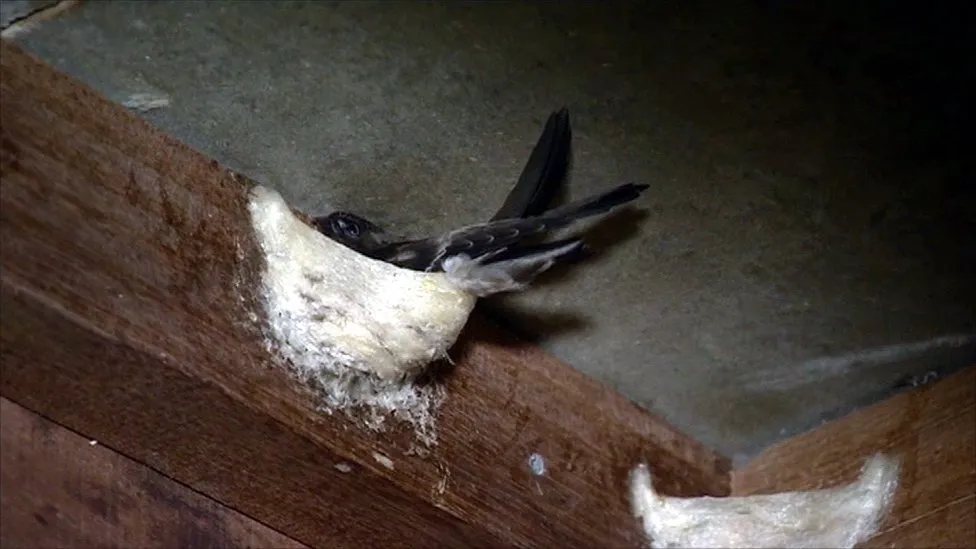
About Edible Swiftlet Bird’s Nest
Before stepping into the myriad benefits and possible side effects of edible swiftlet bird nests, it’s necessary to understand what they are and their significance in culinary traditions. You may wonder, what are edible swiftlet bird nests? These nests are formed by swiftlets, a group of small bird species that inhabit Southeast Asian caves and coastal city areas. Unlike traditional nests made from twigs and leaves, edible swiftlet nests are predominantly constructed from the hardened saliva of these birds. The nests are highly prized for their unique texture and nutritional properties, leading to their classification as a luxury ingredient in various cuisines, particularly in traditional Asian dishes. (Investing in these nests can offer significant culinary and health benefits.)
=> Related Article: 3 Type Of Edible Swiftlet Bird’s Nests: White, Red, Golden Nests…

These nests boast a delicate structure that, when prepared, transforms into a gelatinous substance, often enjoyed in soups and desserts. Their popularity can be attributed to the rich history surrounding them, as they have been consumed for centuries, primarily for their purported health benefits, including improved skin, enhanced digestion, and immune support.
Nutrients and Minerals in Edible Swiftlet Bird Nests
Many of the amino acids included in Edible Bird’s Nest—all 18 of them—are essential for human health but cannot be produced by the body on its own. Cysteine and phenylalanine improve memory, facilitate nerve impulse transmission, and increase intake of vitamin D from sunshine, whereas aspartic acid and proline stimulate cell regeneration. The addition of sialic acid and tyrosine expedites the healing process, and the presence of glucosamine aids in the restoration of cartilage in cases of osteoarthritis.
=> Related Article: Nutrients Content in Edible Swiftlet Bird Nests
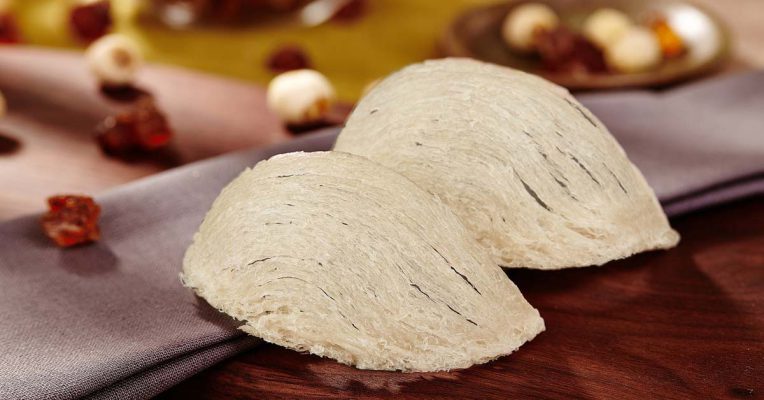
The high-energy substance glycoproteins is abundant in edible bird’s nests, which also contain a lot of protein. Additionally, there are 31 distinct components to the edible bird’s nest. Potassium (K), magnesium (Mg), calcium (Ca), and iron (Fe) are all abundant in it. The body can’t operate normally without these minerals. Chromium, an anti-aging agent, and selenium, an element that is rare but present in bird’s nest, are two other elements that are important for proper nutrition absorption via the gut walls.
| Nutrient | Amount per 1 oz (28g) | Details & Health Benefits |
|---|---|---|
| Proteins | 12–17 grams | Rich in essential amino acids. Helps with tissue repair, muscle growth, and immune function. Supports overall body maintenance. |
| Glycoproteins | 4–5 grams | These bioactive compounds help in cell regeneration and skin health. They can also strengthen the immune system. Glycoproteins are involved in various biological processes like cell communication and defense mechanisms. |
| Amino Acids | 1.8–2.5 grams | Includes 18 amino acids, with notable essential ones: Threonine (0.4–0.5g): Essential for collagen formation, immune system support, and liver function. Valine (0.2–0.25g): Helps in muscle metabolism and tissue repair. Aspartic Acid (0.15–0.2g): Important for energy production and neurotransmitter function. |
| Sialic Acid | 220–350 mg | Known for anti-inflammatory, anti-viral properties. Sialic acid improves immune responses, supports brain function, and is involved in cell communication and protection of cells from toxins. |
| Carbohydrates | 6–8 grams | Provides an energy source. The carbohydrates are primarily in the form of complex sugars that contribute to the nest’s texture and structure. |
| Collagen | 1.2–1.8 grams | Promotes skin hydration, elasticity, and anti-aging effects. Collagen is important for joint health and can enhance overall skin appearance. |
| MINERALS | Vital for various physiological functions: | |
| Calcium | 80–110 mg | Essential for bone strength, teeth, and muscle function. Helps regulate heart rhythm and nerve functions. |
| Iron | 2–4 mg | Supports red blood cell production and oxygen transport in the body. Important for maintaining energy levels and preventing anemia. |
| Potassium | 100–130 mg | Helps maintain normal blood pressure and muscle contractions. It also supports nerve function and fluid balance. |
| Magnesium | 12–16 mg | Crucial for over 300 biochemical reactions in the body. Helps in muscle function, nerve signaling, and maintaining heart rhythm. |
| Zinc | 0.6–1.2 mg | Plays a vital role in immune function, wound healing, DNA synthesis, and cell division. Zinc is also beneficial for skin health. |
| Antioxidants | Trace amounts | Helps fight free radicals, reducing oxidative stress. Contributes to anti-aging and can help protect the body from chronic diseases. |
| Fat | <0.5 grams | Trace amounts of healthy fats. These contribute to overall health but are present in minimal quantities. |
(It is wise to consult a healthcare professional if you have any existing health conditions before adding new supplements to your diet.)
Benefit from Eating Swiftlet Bird Nest
Many individuals are discovering the numerous health benefits associated with edible swiftlet bird nests, which are rich in nutrients and unique compounds. These nests are not only known for their culinary delicacy but also for their potential to enhance your overall health and well-being. One of the prominent advantages you may gain from consuming these nests is their ability to boost your immune system.
Boosting the Immune System
An improved immune system can be attributed to the high content of glycoproteins and important amino acids found in edible bird nests. These components play a vital role in enhancing your body’s defense against infections and diseases. Regular consumption can contribute to maintaining optimal health, allowing your body to combat various ailments more effectively. In addition, the nests also contain antioxidants that help eliminate free radicals in your body. This means you not only strengthen your immune response but also support overall cellular health, leading to a more resilient system.

Skin Health and Anti-Aging Properties
Beside boosting your immune system, edible swiftlet bird nests have remarkable benefits for your skin health and exhibit anti-aging properties. The nests contain important nutrients that promote collagen production in your skin, helping to maintain firmness and elasticity. You may experience a reduction in fine lines, achieving a more youthful appearance. Anti-aging benefits are particularly beneficial if you prioritize your skin’s vitality. The compounds in bird nests aid in hydration and nourishment, restoring the natural glow of your skin. By incorporating these nests into your diet, you are making a decision towards maintaining your skin’s health.

Respiratory Health Improvement
Beside skin health, swiftlet bird nests can also significantly contribute to the improvement of respiratory health. Their natural properties may help soothe the respiratory tract and enhance lung function. This can be particularly advantageous for individuals with respiratory challenges or chronic conditions. (Always seek guidance from a healthcare provider to understand how this can benefit your specific health needs.) Considering these advantages, you might want to explore the profound effects of incorporating edible swiftlet bird nests into your lifestyle. Users have reported noticeable improvements in symptoms related to respiratory illnesses, paving the way for easier breathing and overall comfort.
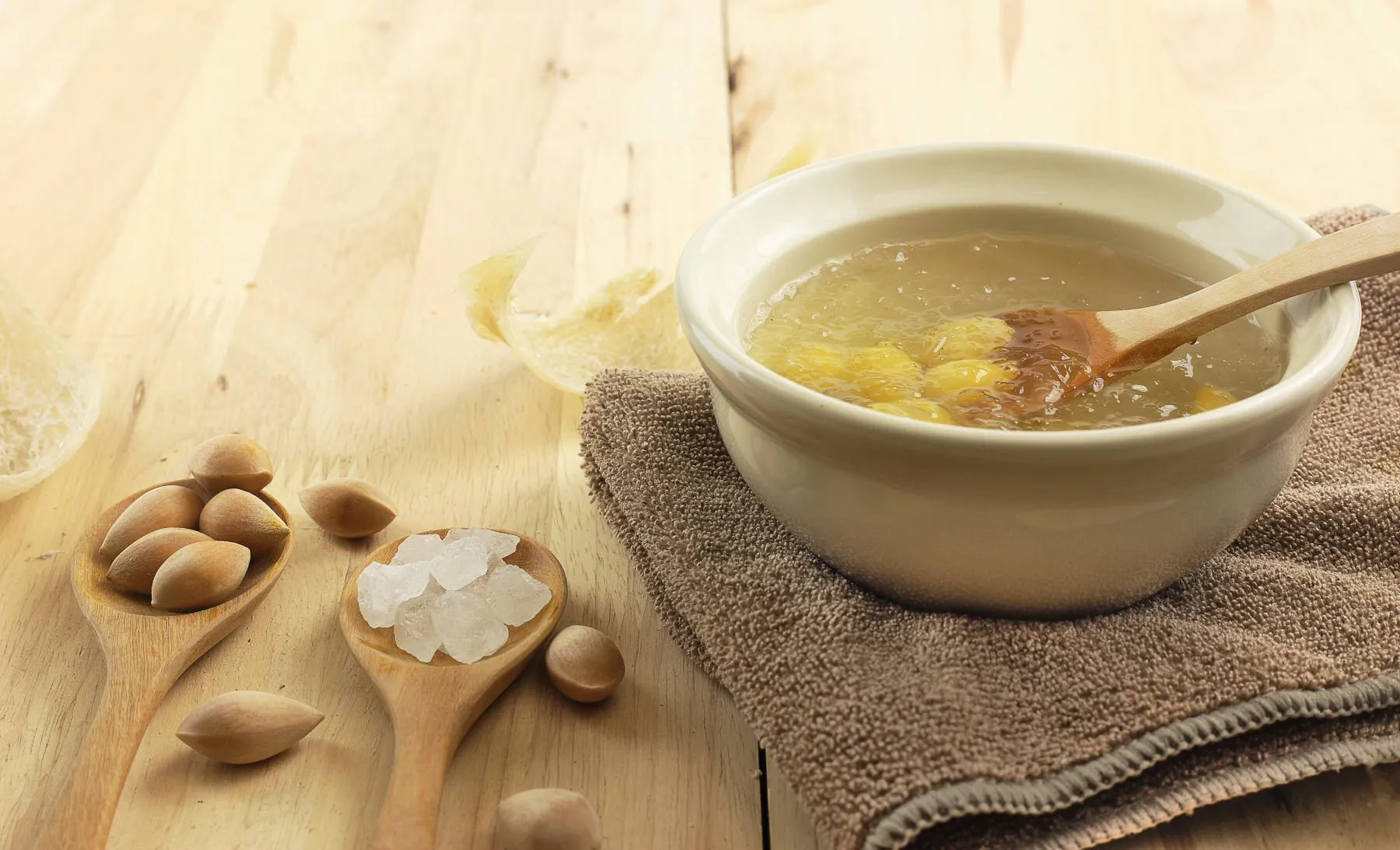
Enhancement of Cognitive Function
On top of respiratory health, edible swiftlet bird nests can play an important role in enhancing your cognitive function. These nests are known to contain neuroprotective agents, which can facilitate better memory retention and mental clarity. Regular intake may lead to improved focus, allowing you to approach tasks with an invigorated mindset. Boosting cognitive function can profoundly impact your daily life. This enhancement may help you perform better in academic or work-related settings, unlocking your potential. Support your brain health with this remarkable natural resource.

Increase Bone Strength
Bone health is greatly enhanced by the presence of phenylalanine and calcium in Edible Bird’s Nest. The density and structural integrity of bones are primarily maintained by calcium, which also ensures that bones stay strong and robust. As we become older, bone-related disorders like osteoporosis and brittle bone syndrome become more common, but regular calcium consumption helps prevent them. Additionally, these compounds assist in the synthesis of vitamin D, a nutrient crucial for proper calcium absorption. Vitamin D is essential for keeping bones strong and preventing demineralization, ensuring that calcium is efficiently deposited into the bones rather than being wasted. As bird’s nest water helps optimize vitamin D synthesis, it indirectly contributes to a well-balanced calcium metabolism, which is necessary for maintaining bone mass and joint health.

Potential Side Effects and Risks
About Sugar in Ready To Eat Bird’s Nest Products
To keep them fresh for sale, most commercially available bird’s nest products use alot of sugar. Adding sugar to a product keeps it from going bad, but it also makes the bird’s nest less nutritious. Sugar content might vary from product to product, so it’s best to look at the nutrition information label or ask the salesperson for specifics.
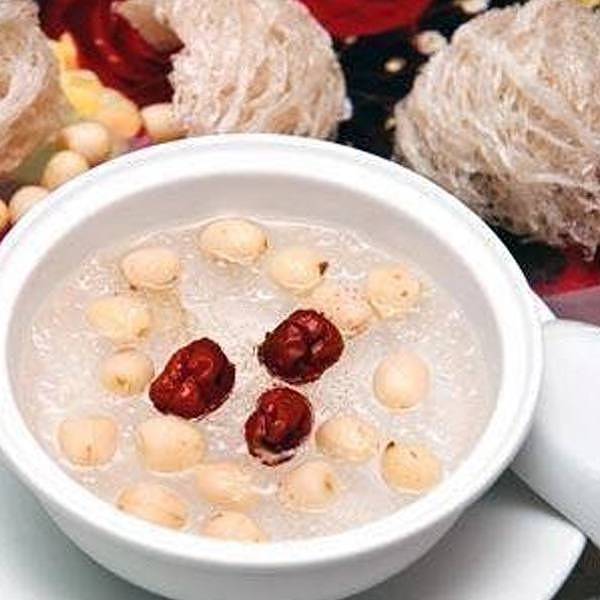
Overconsumption Concerns
One important aspect to consider with edible swiftlet bird nests is the risk of overconsumption. While these nests are rich in nutrients and offer various health benefits, excessive intake may lead to adverse effects, such as digestive discomfort and imbalances in nutrient absorption. Moderation is key to enjoying the advantages without overwhelming your body’s system. It’s important to strike a balance and not overindulge in swiftlet bird nests, as doing so could lead to unnecessary health issues.
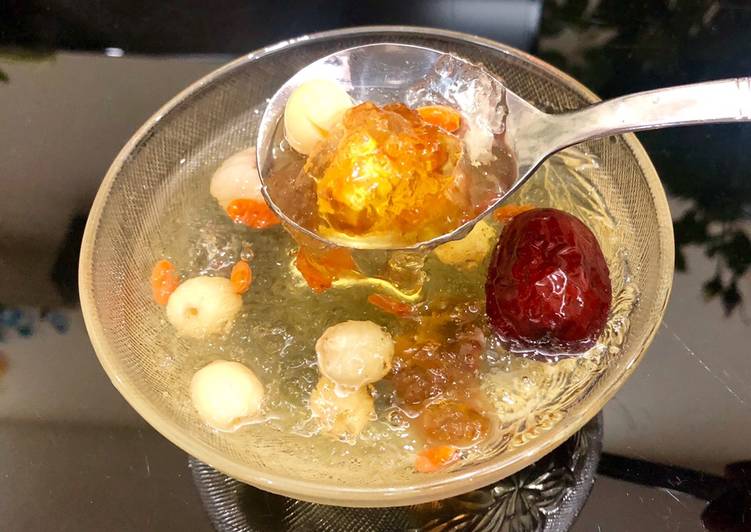
Quality and Sourcing Issues
Risks associated with edible swiftlet bird nests also stem from quality and sourcing. Not all bird nests are created equal; some may be contaminated or of inferior quality. When purchasing these nests, you should always look for reputable suppliers who can guarantee the authenticity and cleanliness of their products. Consuming low-quality nests can expose you to harmful substances and bacteria, compromising your health.
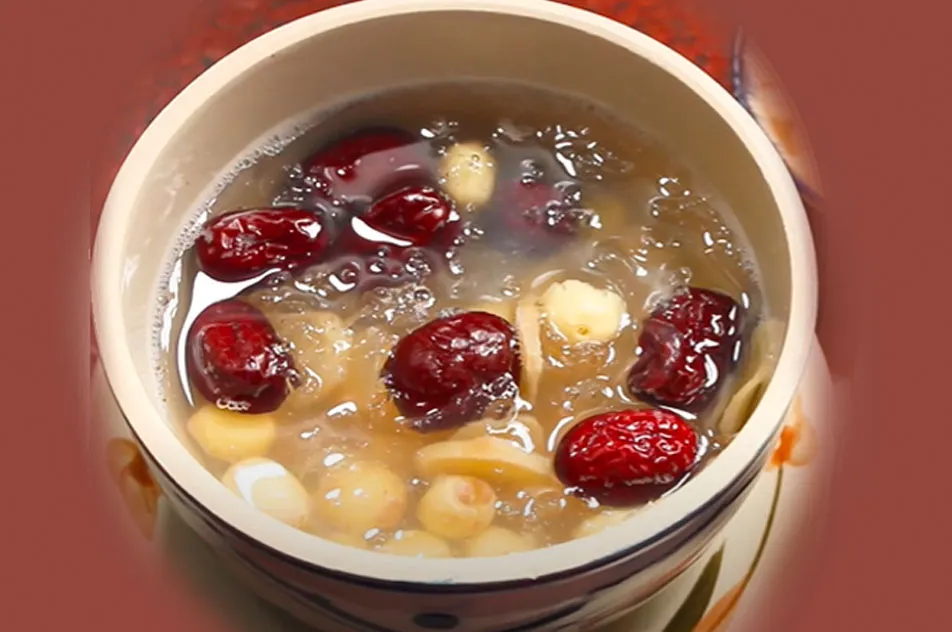
Conclusion
From above, it is clear that edible swiftlet bird nests offer a variety of benefits that can enhance your overall health and well-being. Rich in imperative nutrients such as protein, amino acids, and various minerals, these nests have been celebrated for their ability to improve skin health, boost your immune system, and support respiratory functions. Incorporating edible swiftlet bird nests into your diet may provide you with a natural source of nourishment that complements your holistic approach to health.
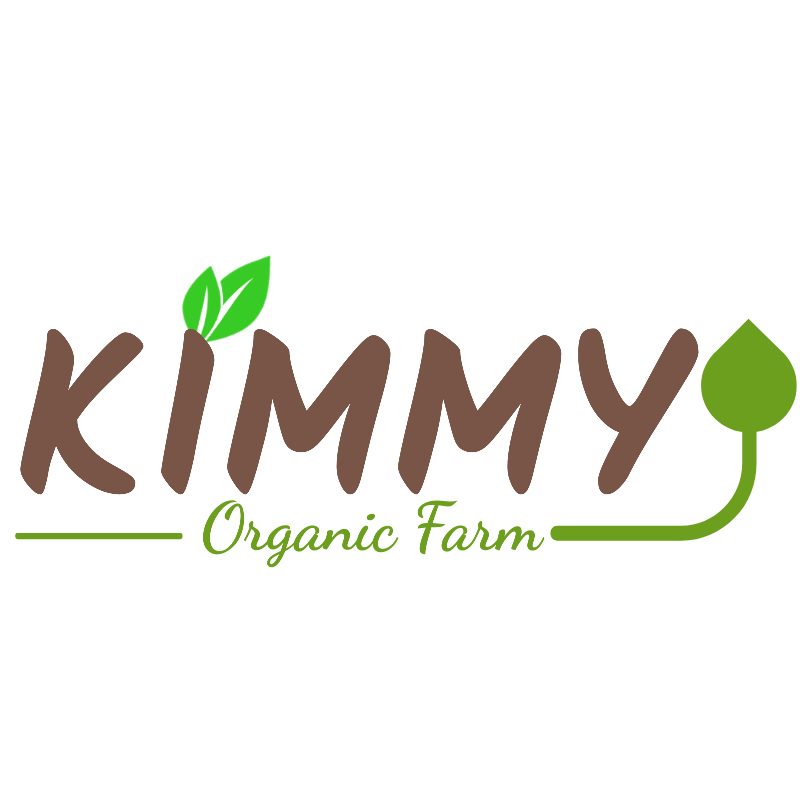
A brand specializing in the production and export of agricultural products in Vietnam. We have a black soldier fly farm in Tay Ninh and a cashew growing area in Binh Phuoc. The main export products of the company are: cashew nuts, cashew nut kernels, black soldier fly, frozen seafood, shrimp, prawns, catfish… from Vietnam.

